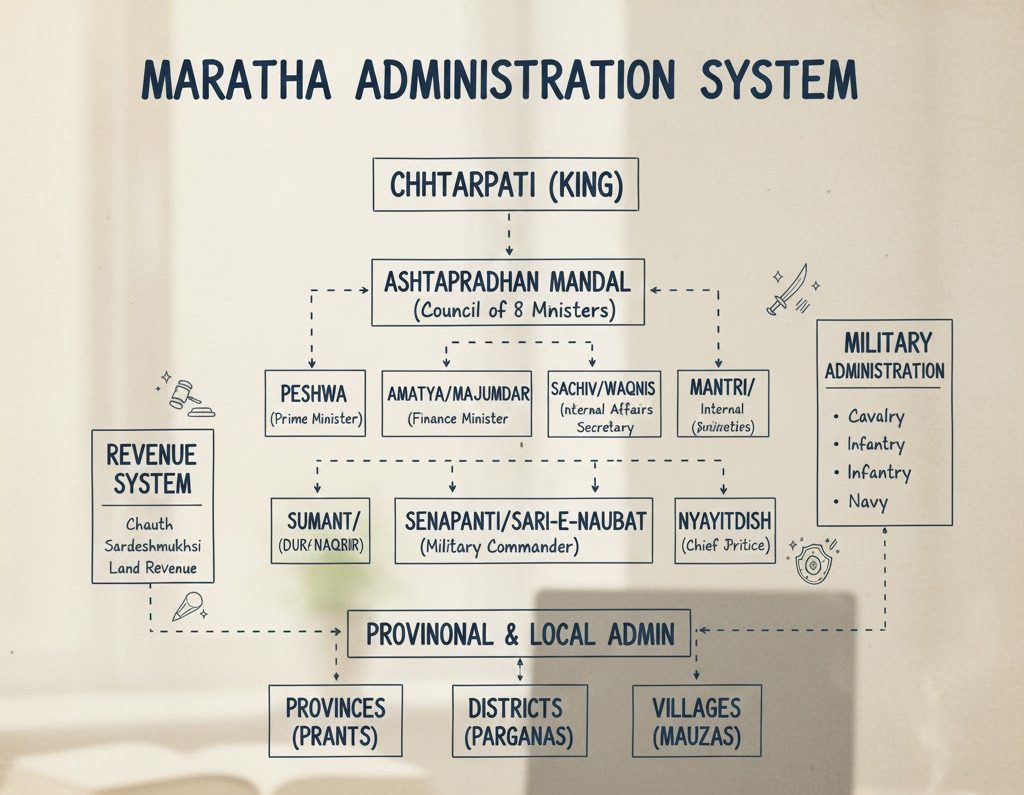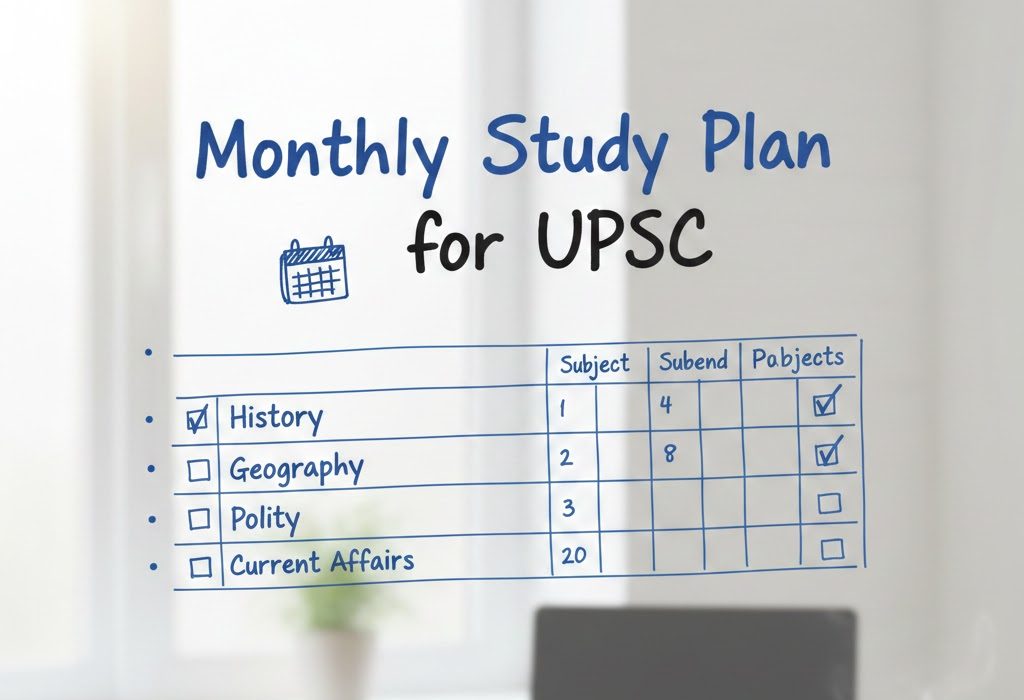India and WTO Reforms: Challenges, Leadership Role & the Future of Global Trade
Explore India’s leadership in WTO reforms, major challenges facing the global trade body, and the key reforms needed to restore a rules-based, inclusive, and effective multilateral trading system.
India’s Role in WTO Reforms and the Future of Multilateral Trade
The call for reforming the World Trade Organisation (WTO) has gained renewed momentum, especially after Director-General Ngozi Okonjo-Iweala highlighted India’s growing potential to lead this transformation. As one of the fastest-growing major economies with strong global credibility, India is uniquely positioned to shape a more equitable and effective multilateral trading system. Given the deepening structural problems within the WTO, India’s leadership is increasingly indispensable for restoring trust, balance, and legitimacy in global trade governance.

Major Challenges Facing the WTO
The WTO today faces a series of interlinked challenges that undermine its functioning and credibility.
1. Shift Toward a Power-Based Trade Order
The global trading system is gradually shifting from a rules-based framework to one where outcomes are influenced by the geopolitical and economic power of a few dominant countries. This threatens the core WTO principle of equal footing for all members, especially developing nations whose interests get overshadowed in bilateral or plurilateral arrangements.
2. Paralysis of the Dispute Settlement Mechanism
The WTO’s Appellate Body—the apex of global trade adjudication—has remained dysfunctional since 2019 due to the blocking of new appointments.
Without a binding, impartial dispute settlement system, trade disputes are increasingly resolved through unilateral actions, weakening the credibility of the multilateral system.
3. Unresolved Legacy Issues
Several issues mandated during earlier ministerial conferences remain unresolved.
A major example is the permanent solution on Public Stockholding (PSH) for food security—central to India and many developing countries that rely on such programmes to support farmers and ensure food stability. The lack of progress has fuelled mistrust between developed and developing members.
4. Rising Trade-Restrictive Measures
Unilateral tariffs, new industrial policy subsidies, and environmental measures like the EU’s Carbon Border Adjustment Mechanism (CBAM) are increasing global trade barriers. Many developing countries view these steps as green protectionism, restricting market access under the guise of climate commitments.
5. Lack of Consensus and Repetitive Grievances
WTO negotiations frequently end in stalemates, with member states reiterating longstanding grievances without compromise. This stagnation prevents progress on both legacy and emerging trade challenges.
India’s Leadership Role in WTO Reforms
India has emerged as a constructive, stabilising force advocating for a fair and inclusive trading system. Its approach is defined by three key principles:
1. Defending Multilateralism
India consistently supports a rules-based, transparent, and democratic multilateral trade framework. It resists attempts to shift decision-making to smaller groups or plurilateral platforms that exclude many developing nations.
2. Championing the Global South
India serves as a strong voice for developing and least-developed countries. It insists on:
-
Special and Differential Treatment (S&DT)
-
Consensus-based decisions
-
Fair market access opportunities
-
Policy space for development needs
3. Reforming the Dispute Settlement System
India strongly advocates restoring the two-tier dispute settlement mechanism, emphasising independence, impartiality, and timely resolution. India’s proposals—including the “30 for 30” operational reform package—are aimed at revitalising WTO processes and improving transparency.
Reforms Needed for a Stronger WTO
To regain credibility and function effectively, the WTO must pursue comprehensive reforms:
1. Restoring the Appellate Body
Bridging the deadlock and reinstating a fully functional, binding dispute settlement mechanism must be the top priority. Stability in global trade depends on predictable and enforceable rules.
2. Completing Unfinished Mandates
MC14 must deliver on longstanding issues such as:
-
Permanent solution for public stockholding
-
Agriculture subsidy reforms
-
Development-focused outcomes
Meeting these commitments is crucial for rebuilding trust.
3. Integrating New Issues Responsibly
The WTO must engage with emerging topics like e-commerce, digital trade, and climate-linked measures, but without overloading the agenda or compromising the developmental needs of poorer nations.
4. Making Ministerial Conferences Problem-Solving Platforms
Ministerials should move away from confrontation and focus on practical, negotiated solutions backed by mutual compromise.
5. Leadership from Emerging Economies
Countries like India, with increasing economic influence and diplomatic credibility, must help bridge divides between developed and developing members, ensuring an inclusive reform agenda.
Subscribe to our Youtube Channel for more Valuable Content – TheStudyias
Download the App to Subscribe to our Courses – Thestudyias
The Source’s Authority and Ownership of the Article is Claimed By THE STUDY IAS BY MANIKANT SINGH





